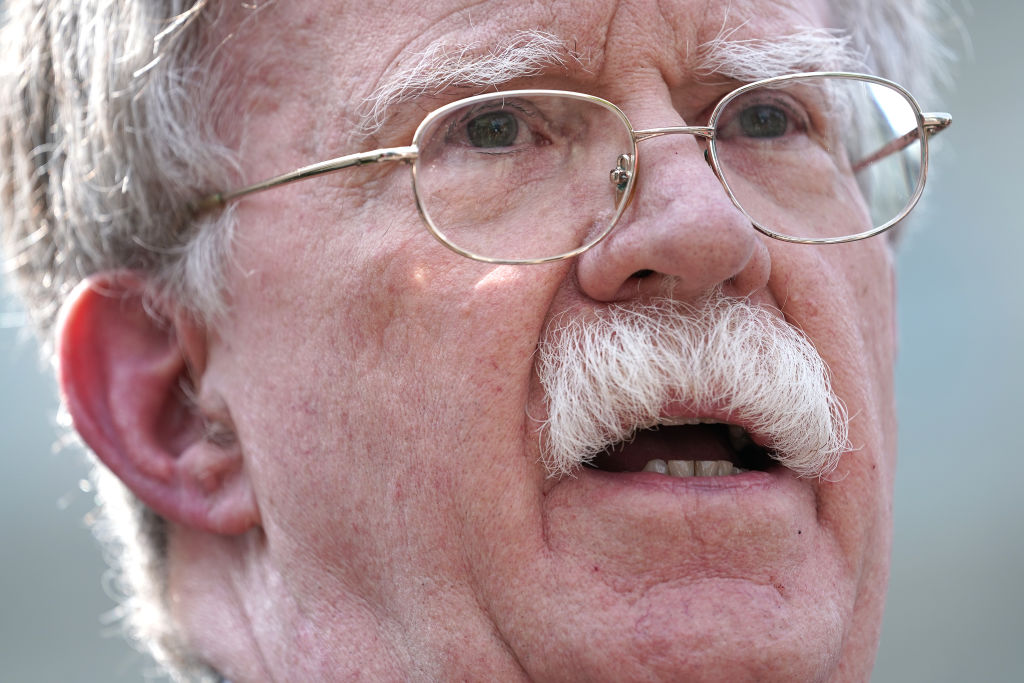The United Nations Security Council was designed to, in a phrase, keep the peace. Life didn’t have to be brutish and short; if the great powers got into a room, they could wield their collective might and solve any problem. The Security Council’s top priority—“the maintenance of international peace and security”—would prevent a third Great War from killing millions of people.
Unfortunately, we don’t live in a utopian fantasy land. It turns out that the Security Council, populated by fifteen different countries with their own set of interests, can be just as dog-eat-dog as the world in which it represents. And in the age of Donald Trump, the top UN body is an even more divisive place.
In general, Security Council debates largely put the western bloc (the US, the UK, and France) against the Russians and Chinese. While Moscow and Beijing aren’t perfectly aligned on every issue that lands on the Security Council’s desk, the two have increasingly teamed up in a kind of Russo-Sino tactical alliance to frustrate Western-led attempts at regime change and pro-democracy promotion. It frustrates Western diplomats in New York no end; indeed, were it not for Russia’s multiple vetoes and China’s implicit backing of the Russian position on Syria, Bashar al-Assad’s head would likely be on a stick right now.
The basic dynamics of the Security Council, however, are beginning to change. The Western vs. Russia/China paradigm is breaking up into smaller pieces. Washington under Trump is a more unilateral player. The White House is populated by two men—Trump and John Bolton—who despise international institutions as a matter of principle. Bolton, a former UN Ambassador, once made the observation that you could demolish ten floors of the UN headquarters and “it wouldn’t make a bit of difference.” Europeans and many Americans were aghast when Bolton made that remark, but the white-moustached, scowling national security adviser took it as a point of pride.
So it shouldn’t come as a complete shock that the US is strong-arming its traditional Western allies in New York. What is shocking, though, is the degree.
On Iran, there are now as many disagreements between Washington and the Europeans as there are similarities. Sure, both generally hold the view that Tehran is a troublemaker in the Middle East that needs to cease and desist from supporting terrorist groups and work on ballistic missiles. But the Iran nuclear deal has created a wide divergence in the Western bloc, with London, Paris, and Berlin outraged at what they consider bullying behaviour from the Trump administration. Threatening to cut off European firms from the US financial system if they touch Iran tends to create hard feelings.
The schism is less pronounced on Venezuela, albeit still noticeable. While the West is in agreement that Nicolás Maduro is a corrupt numbskull who stole his seat in a fraudulent election last year, the US is much more aggressive in promoting regime change in Caracas. The Europeans are taking a more subdued approach; Trump’s people, in contrast, are outright threatening military action.
Yemen and Libya should be low-hanging fruit for the West. Who, after all, is opposed to an unconditional ceasefire and a return to negotiations? But apparently low-hanging fruit is not what it used to be. You would be forgiven for thinking Washington is the problem. UK-drafted resolutions calling for an end to violence were opposed by the US-delegation, which of course means both attempts would be blocked from passing. London would rather not experience the humiliation of a failed vote, so the resolutions were put on hold.
The United States “treats us like the Chinese.” That was a quote from an anonymous European diplomat. It’s not a pretty picture of Western unity, which begs a key question: if the West is fragmented, how can the Security Council—a once prestigious institution meant to turn a Hobbesian world into a earthly paradise—possibly accomplish anything beyond mealy-mouthed press statements?






Comments